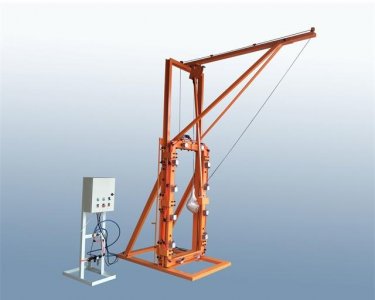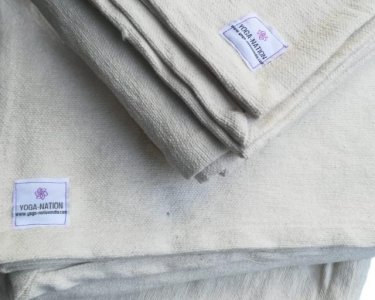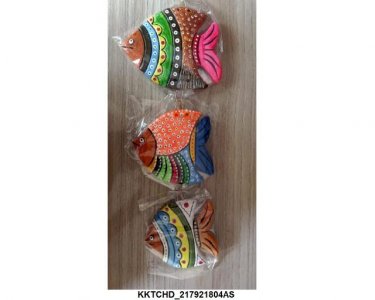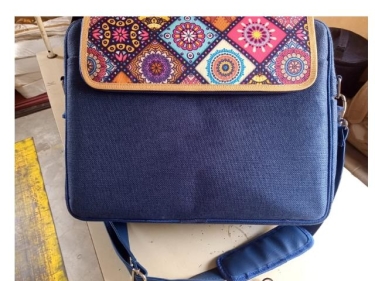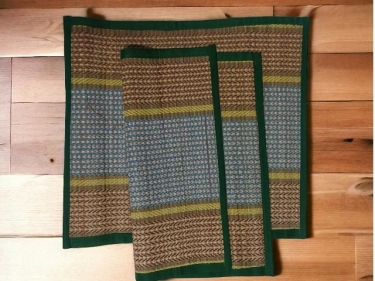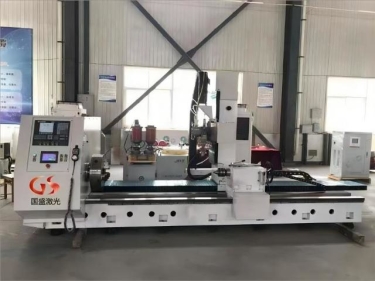Search Results for "sweden" in "Sweden" on Export Portal
Active Filters
-
Keywords:
-
Country:
- Clear all
New Search
Couldn't find the product you want?
Fill out this form to request the product.
Exports

Sweden is the seventh-richest country in the world in terms of GDP (gross domestic product) per capita and a high standard of living is experienced by its citizens. The economy of Sweden is a developed export-oriented economy aided by timber, hydropower, and iron ore. These constitute the resource base of an economy oriented toward foreign trade.
Timber, hydropower and iron ore constitute the resource base of an economy with a heavy emphasis on foreign trade. Sweden's engineering sector accounts for 50% of output and exports, while telecommunications, the automotive industry and the pharmaceutical industries are also of great importance. Sweden is the ninth-largest arms exporter in the world. Agriculture accounts for 2% of GDP and employment. The country ranks among the highest for telephone and Internet access penetration.
The top exports of Sweden are refined petroleum, packaged medicaments, vehicle parts, telephones and cars.
Main export partners of Sweden are Germany, United States and Norway, Denmark, Belgium-Luxembourg, the United Kingdom.
Customs requirements of Sweden
Sweden Customs Contacts
Website: http://www.tullverket.se/en/business.4.3508131c14c31a63be0ca4.html
E-mail: tullverket@tullverket.se
Telephone: +46 771 520 520
Fax: +46 8 20 80 12
Sweden is a Scandinavian country situated in Northern Europe. It borders Norway and Finland, and is connected to Denmark by a bridge-tunnel across the Öresund. Sweden is a member of the European Union, International Organization for Standardization (ISO), World Trade Organization (WTO), World Customs Organization (WCO) and other international organizations.
Tariffs
Sweden is part of the harmonised trade system of the European Union (EU) and importing and exporting are covered by EC Regulations.
Since the completion of the internal market, goods can circulate freely between Member States. The Common Customs Tariff (CCT) and applies to the import of goods across the external borders of the EU.
The European Community has created the Binding Tariff Information (BTI) system as a tool to obtain the correct tariff classification for goods for import or export.
Non-tariff barriers
Imports of food and agricultural products from outside the EU covered by the Common Agricultural Policy (CAP goods) are often subject to customs duty and quotas and may require a licence or certificate.
Product certification, labelling and packaging
Certification, labelling and packaging must meet EU requirements.
Packaging
To reduce the impact on the environment, the EU has required legislation concerning the management of packaging and packaging waste.
CE Mark
The CE mark is a mandatory conformity marking for certain products sold within the European Economic Area (EEA).
Labelling
All labelling and information directives of the European Council must be met, as well as local and national regulations. Information on the labelling of products in the interest of consumers and compliance procedures are available at Summaries of EU Legislation.
Food information and labelling legislation must comply with EU legislation.
Medicines are subject to special labeling requirements determined by Medical Products Agency.
Special certificates
For organic produce, EU legislation requires that imported organic food from third countries be produced to the same standards as that from the EU.
Documentary requirements
Pro-forma invoice
This may occasionally be requested by the importer.
Commercial invoice
No prescribed form and a minimum of three copies are recommended. The invoice must indicate:
- the name and address of seller and consignee
- the date of invoice and purchase
- the number, type and gross weight of packages
- the kind and quality of goods
- an invoice price for each item (showing freight and insurance separately)
- discounts and rebates
- conditions of payment
- terms of sale and delivery
- the date that the invoice was prepared and the contract was signed
Many importers are authorised to use a Simplified Declaration Procedure (Immediate Release System) and may have special requirements about the presentation of invoice data. Veterinary certificates and/or plant protection certificates are required for agricultural products and foodstuffs.
Bill of lading
Normal commercial practice. Bill To Order are acceptable.
Packing list
Required for and facilitates customs clearance.
Certificate of insurance
Normal commercial practices apply.
Insurance
Normal commercial practices apply.
Public health requirements
Subject to detailed regulations and controls, the following imports must be accompanied by special certificates:
- livestock (other than horses, dogs and cats)
- foods
- animal products
- plants and plant products
Insecticides, fertilisers, additives and other potentially dangerous chemical substances for general sale are restricted by laws. The substances have to be approved and registered with Swedish government agencies after testing to determine whether the product is safe for normal trading.
Sources:
http://www.tullverket.se/en/business/taricthecustomstariff.4.7ebd8a201190f9e732f80002337.html
http://www.bring.com/all-of-bring/products-and-services/sweden-import-and-export













